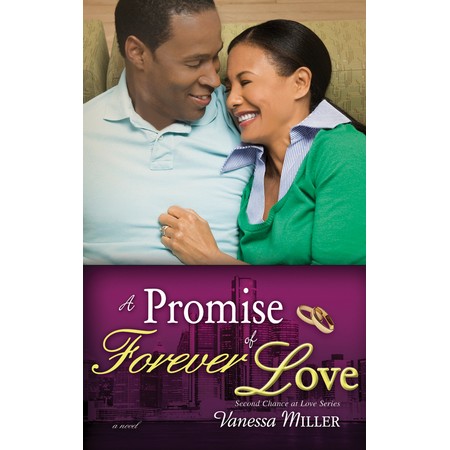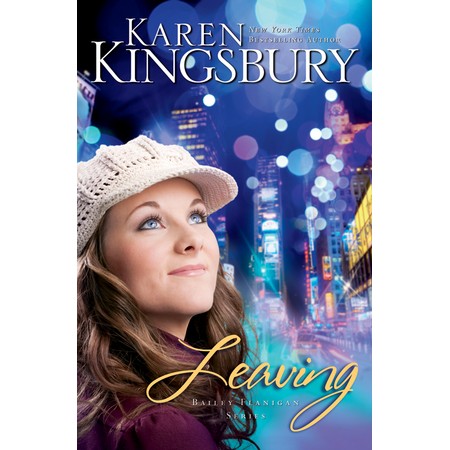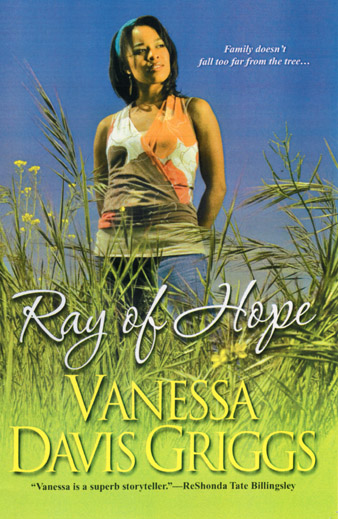At Faith in Fiction I posed a question after reading Dave's thoughts on creating meaningul moments in writing.
And boy have I gotten a wealth of responses. One that stands out and is still being discussed even now is this idea that Christian Fiction is ultimately boring. Regardless of the plot, readers know that God will win in the end. So why bother reading it?
I remember talking to an author, who doesn't understand why the Christian Fiction genre exists at all. She felt that christian novels were propaganda pieces created to push Christ down everybody's throat.
And to be honest she has point.
J. Mark Bertrand, a member of the The Master Artist and the Faith in Fiction Communities, who has really enlightened me in the past two weeks replied to my discussion with an interesting thought.
He says:
The Christian writer -- particularly the evangelical one -- faces both an aesthetic and a theological struggle. In fact, I would almost go so far as to say that Christian fiction ought to be defined as "fiction that results from aesthetic and theological struggle," because it's when the story lacks evidence of (a) aesthetic effort, (b) theological effort, and (c) struggle, that it seems to fall short. A lot of what passes for Christian fiction works from a settled, pat theology, just as it operates within a settled, pat aesthetic. The only struggle is the actual, physical composition: the naming of characters, the arrangement of episodes, the minutiae of plot. When a writer abandons these dishonest certainties and plunges into the struggle, at whatever level, the nature of his work begins to change.
Wow! And to be honest I sort of agree.
As a book reviewer, sometimes I don't want to read the end of a book, especially Christian Fiction. Becase by the time I get to midpoint I already know how it is goig to end: conversion scene, or big ephiphany, something big revelation that ties everything up just as sweet as an episode of Seventh Heaven. (OT: The best episodes are the ones with Mary and Simon cutting up)
But seriously. My comment to the faith*in*fiction discussion:
"I like the idea of creating situations where the character has to struggle with her notion of who or what she thinks God is.
That is very real.
I receive emails from...people going through things that have shaken their faith and they still live without an answer that they thought they would have received from God.
I struggle right now with my daughter's health. I have to wait until next Wednesday to find out if she has a normal heart murmur or worse. This fear is big for me, since I live with congestive heart failure.
Yet, where is my faith?
Shouldn't I carry on, joking and clowning as if this event will not shake my resolve.
I can't.
And regardless of the outcome I am more disturbed that I can't just let God handle it instead of my constant surfing webmd and Scottish Rite for answers.
I can't rest in a faithful peace and I would love to read about that.
Shoot.
I would love to write about that.
But I'm so scared of my own outcome. I'm scared of what if I write something for me and someone reads it, thinks that this will be the only outcome and send me a scathing email later abouth an opposite outcome. Or worse someone shirks Christianity because of it.
I agree, J. Mark. We need to raise the stakes in our writing. And that is going to eat me up. I'm coming clean."
What say you?
Writing to see what the end gon' be,
Dee
The Pruning Principle
3 years ago



















